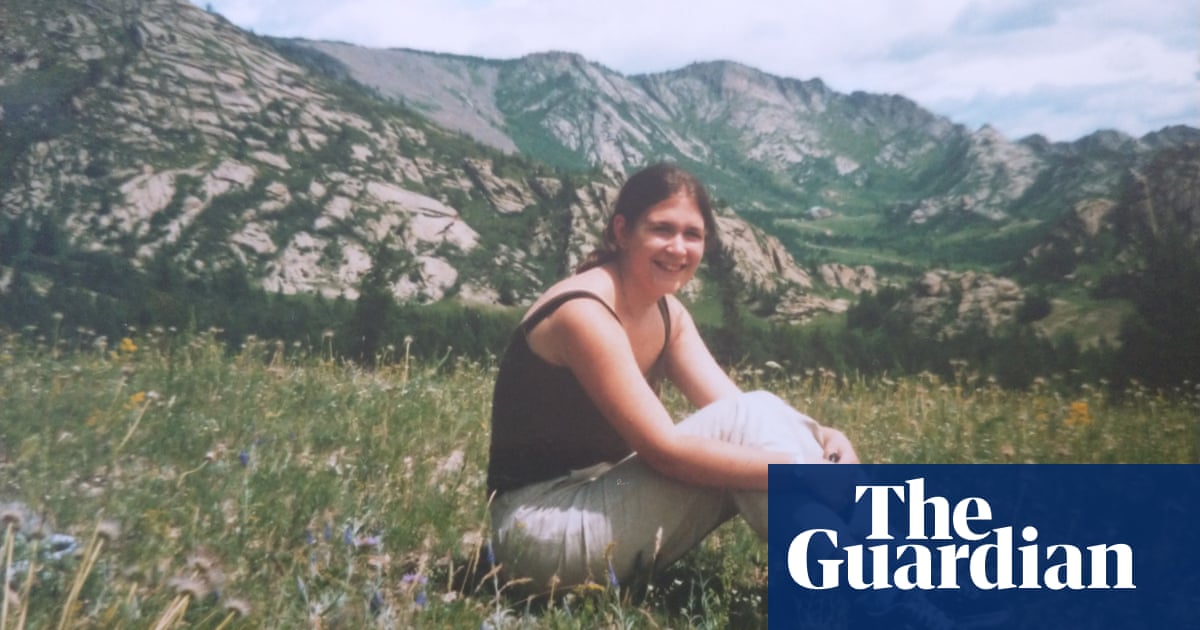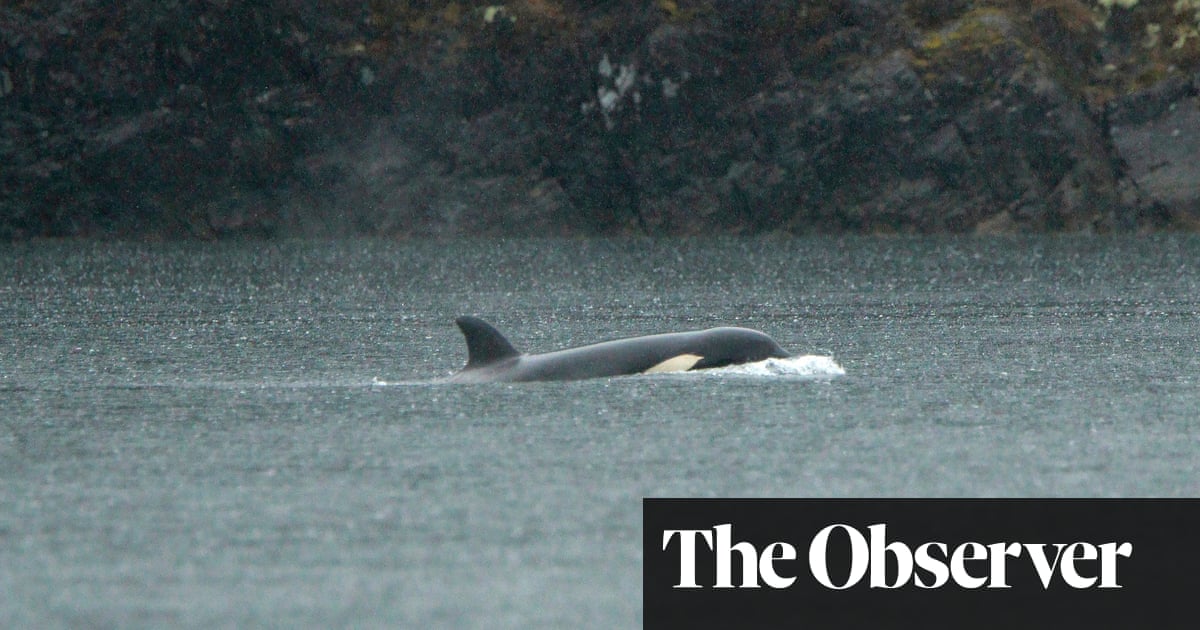In 2001, after spending a year studying in Beijing as part of our degree, two friends and I decided to travel to Mongolia and Russia on the Trans-Siberian Railway. We did everything as cheaply as possible, to the extent that I was terrified we were going to be flung off the train at the Mongolia-Russia border, because we’d got our visas from a tiny, dodgy-looking agency in a random tower block in Beijing.
Being worried was pretty much my default state at that time. I found talking to strangers difficult, and struggled to raise my hand in class. I was always terrified of making mistakes. Though it wasn’t a devastating shyness, I envied the way that friends and classmates always seemed at home in different groups and situations – a feeling that had always eluded me.
Studying Chinese was both a way of facing my fears head-on and a constant source of anxiety, as it demanded a willingness to make a complete fool of myself (the perils of a tonal language) and a confidence that I felt I just didn’t have. But, by the end of our year in Beijing, I was definitely making progress, and starting to feel more comfortable plunging into what had once felt like the high-wire balancing act of every conversation.
On this journey, though, the Chinese we’d been learning didn’t do us any good, as almost all the other passengers were Mongolian. But, despite the language barrier, we soon found ourselves lulled into the rhythm of life on the train, its closed world creating oddly intimate relationships (although the unfortunate gentleman who found himself sharing our cabin took one look at us and left, never to be seen on the journey again).
We spent hours watching the Russian landscape roll past. We jumped off the train at short station stops, as our fellow passengers laid out their goods on the ground, selling a few T-shirts or quilts before rolling everything up again, moments before the train left. We bought smoked fish from elderly ladies at the Irkutsk stop. We played cards in the guards’ cabin, communicating in a bit of shared Chinese, and in gestures and guesses, and vodka washed down with shots of milk.
There’s a point on the journey where the train crosses the border between Asia and Europe, and we decided to celebrate with a drink in the dining car. When we arrived, we walked straight into a party – music blaring, vodka flowing, boxes of chocolates being passed around. We were welcomed in, and crossed the border dancing to Robbie Williams and Mongolian pop, glancing outside just in time to glimpse the white obelisk that is the only sign of the meeting of continents. It was a moment I remember with a vivid sense of happiness – not because we were back in Europe but because I was here, on a train with people I’d just met, with a language we didn’t share, a long way from anywhere I knew and feeling absolutely exhilarated.
We got off the train late at night in a thunderstorm in Moscow, and somehow managed to find the state-approved hotel we’d booked in order to get our visas. After exploring Moscow and St Petersburg, my two friends flew back to the UK. But by now I was addicted, and I decided to carry on travelling home overland, taking a series of buses the rest of the way.
It was the first time I’d ever travelled completely alone – through six different countries, staying in cheap hostels, speaking to countless strangers, getting by with a few words from a phrase book and a reliance on the kindness of others. Every time I felt the familiar sense of panic at having to make conversation or navigate a new situation, I thought about that moment in the dining car, and the person I had felt I could be. I realised belatedly that it didn’t matter if there were awkward moments. I began to enjoy speaking to new people and started asking questions rather than attempt to fade into the background and hope nobody noticed me. I felt the world opening up.
Eventually I came back home to my parents’ house in Lancashire, refusing to ring for a lift, as if that would somehow negate all the confidence and self-reliance I had learned. I remember feeling that I could do anything.
After graduating I spent much of my 20s living abroad, in Japan, China and Italy. It’s a privileged position, being able to make that choice, and I know how lucky I’ve been. That evening in the dining car of the Trans-Siberian train fed a longing for adventure, for more of those chaotic, joyful, unexpected encounters with other places and lives. It helped turn me into a writer, raiding those memories for my novel. And above all it turned me into someone who isn’t always afraid of making mistakes; who feels at home in the world.
The Cautious Traveller’s Guide to the Wastelands by Sarah Brooks is published by W&N on 20 June, priced £14.99. To support the Guardian and the Observer, order your copy at guardianbookshop.com. Delivery charges may apply.



